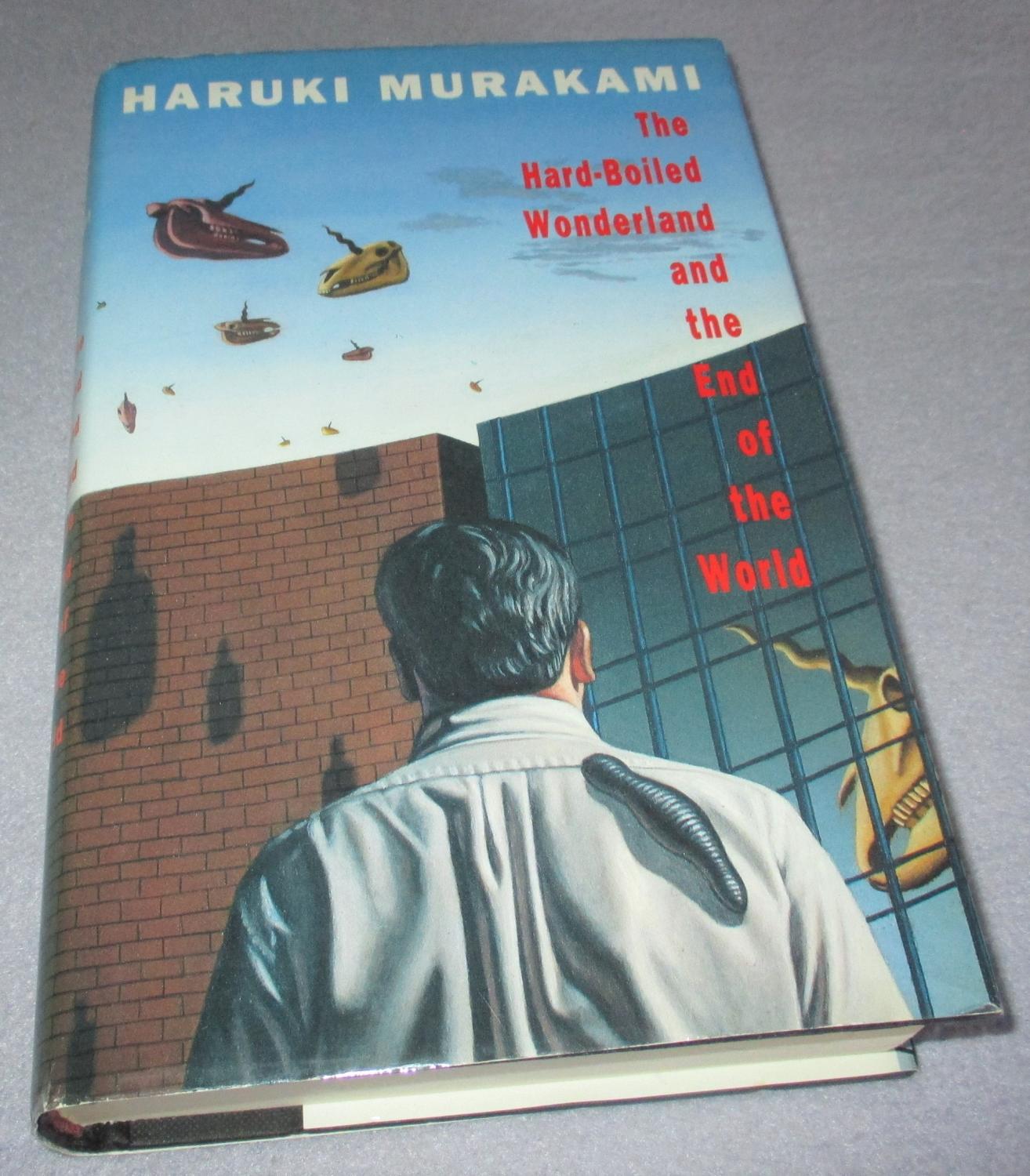
In Hard-Boiled Wonderland, a novel graced with sub-themes of Cybernetic and Chaos Theory, of complex systems and consciousness, of reading dreams and manipulating shadows, of the post-informational-post-Japanese Apocalyptic Age turf and gang war between the “Calcutecs and the Semiotecs, and the INKlings’, of talks of cryonics and animated suspension, postmodern techniques of mummification, and most importantly, in the tradition of the movie The Matrix, and Orwellian-world-inspired novels such as I984. By animism, anthropologically, I mean by the belief that there is life in non-human and inanimate objects.

The “animism of cybernetic-materialism” as I will call it in this brief essay concerning the way structures and architectural spaces of knowledge and power are given the voice to define what a human being’s life should look like. In speaking of this perspective of life, I recall the song by the British rock group The Police, “Spirits in the Material World.” For him, inanimate objects are life forces, as such as neural technology has life – a key feature of the philology of cybernetics, a science derived from the Latin “kybernets” loosely meaning “the force in living things,” which also includes computer viruses and complex systems running the missiles of Pentagon. Herein lies Murakami’s use of inanimate objects, of how materials become spirited and animated, to characterize the anatomy and biology of power. Illogical, paving way for the crafting of fantasy and stories of world-building. Strip the self from the shadow and life becomes absurd. One that speaks and haunts the human spirit.

The Berlin wall was “torn down” because it could no longer speak for the ideological quarrels that separate the ideas of economic-philosophers Frederick von Hayek and John Maynard Keynes, the ideologues of the free enterprise and command economies in the history and story of “commanding heights” (or base and superstructure) of societies, as the Russian revolutioner Vladimir Lenin wrote about in a famous essay concerning the highest stage of capitalism.

The Wailing Wall of Jerusalem perhaps responds to those who confessed their life’s shortcomings a ritual of repentance.


 0 kommentar(er)
0 kommentar(er)
